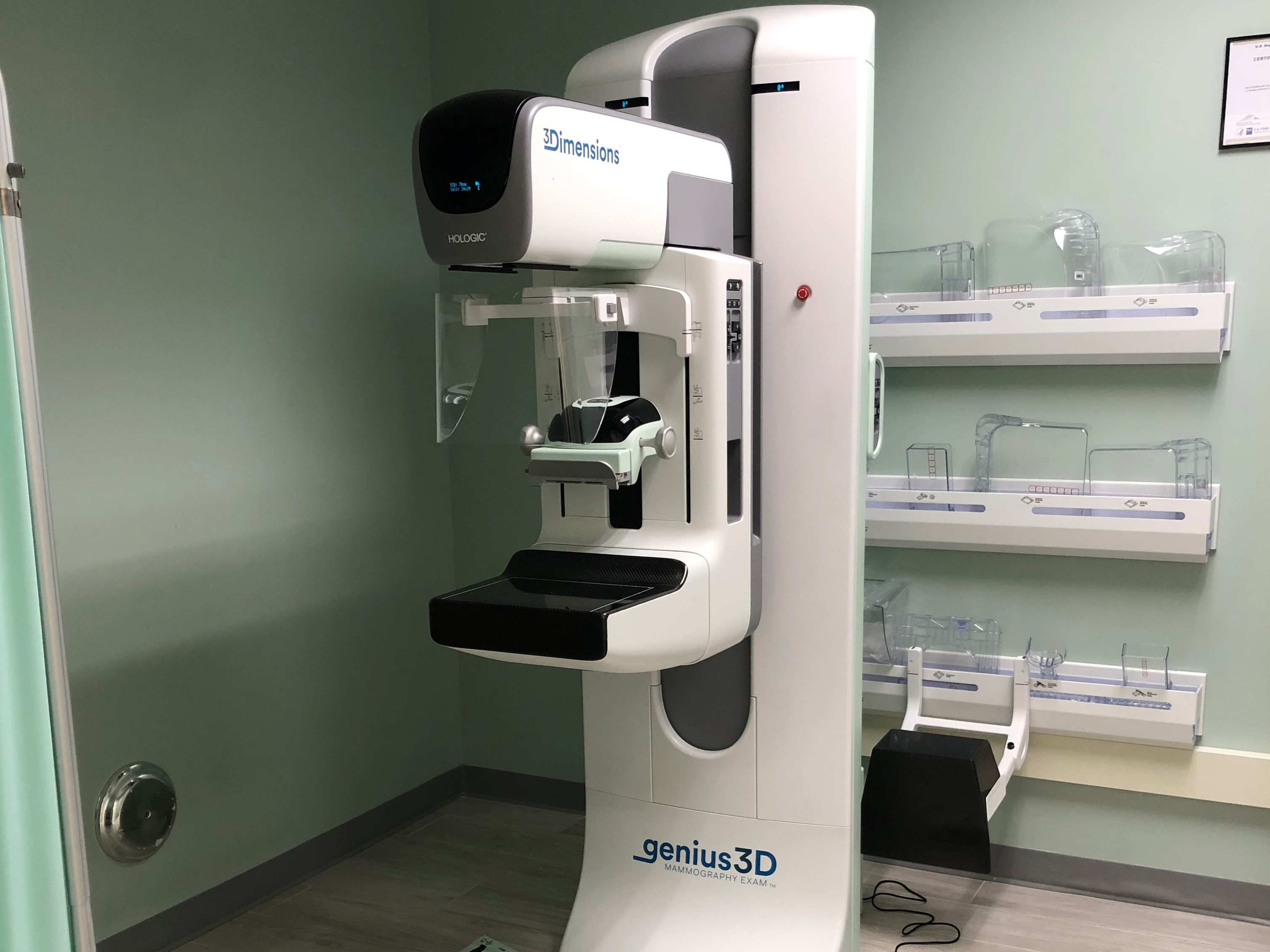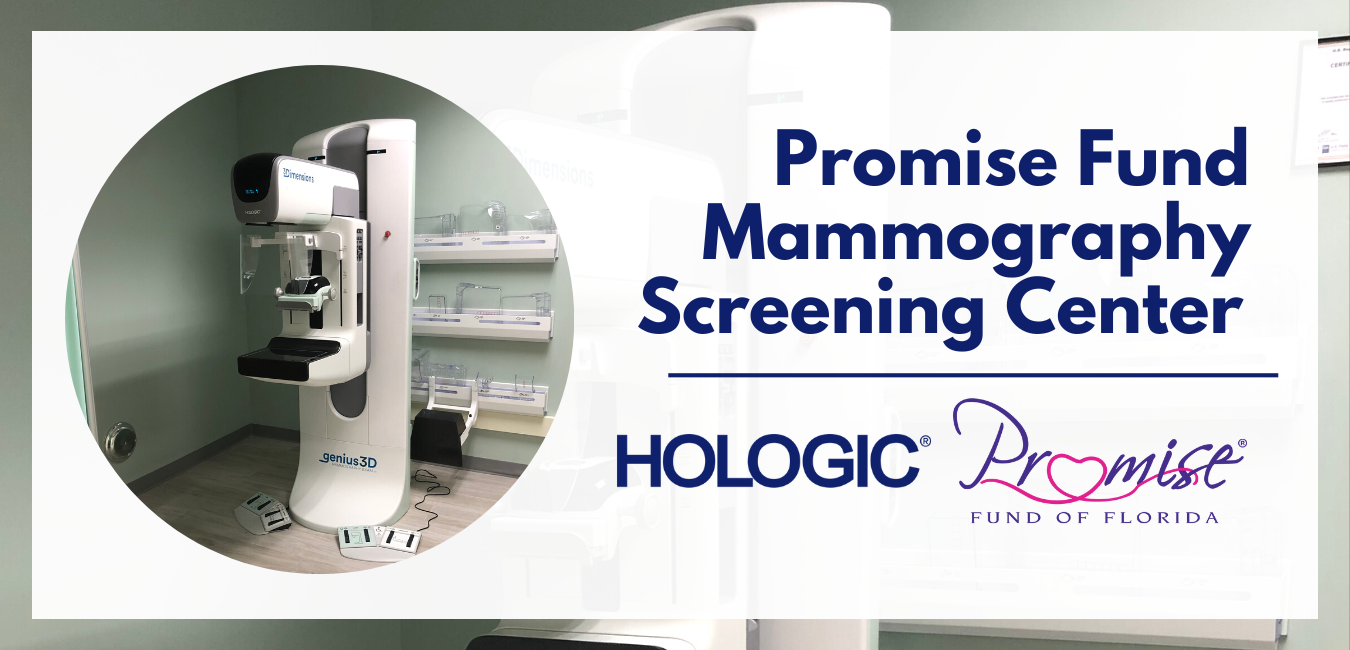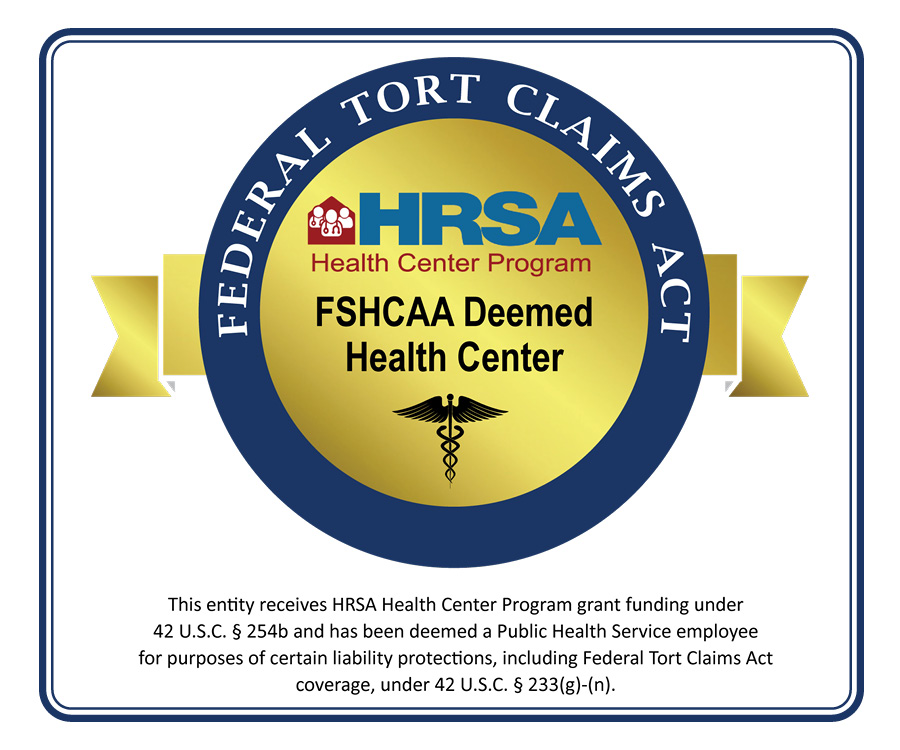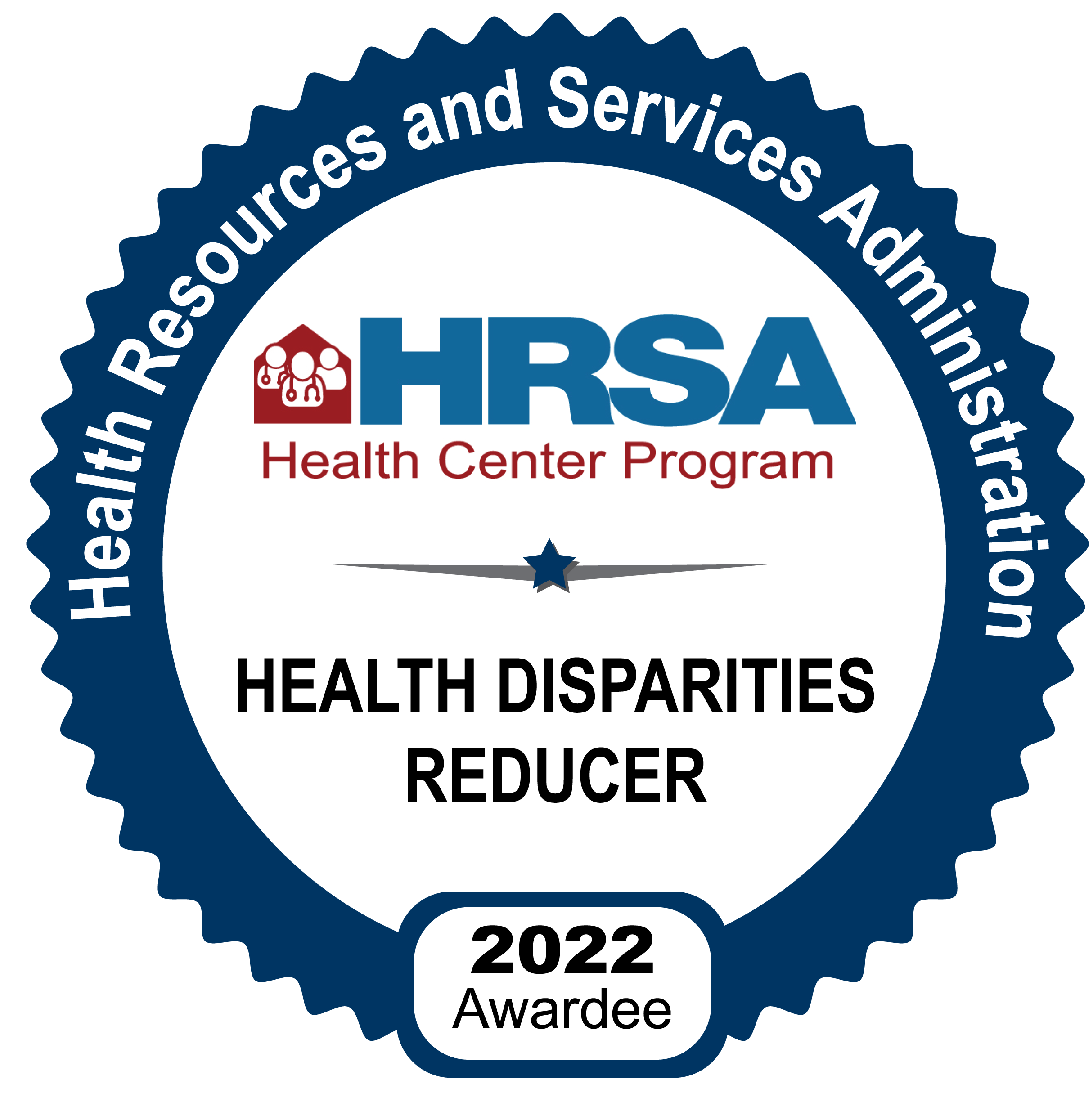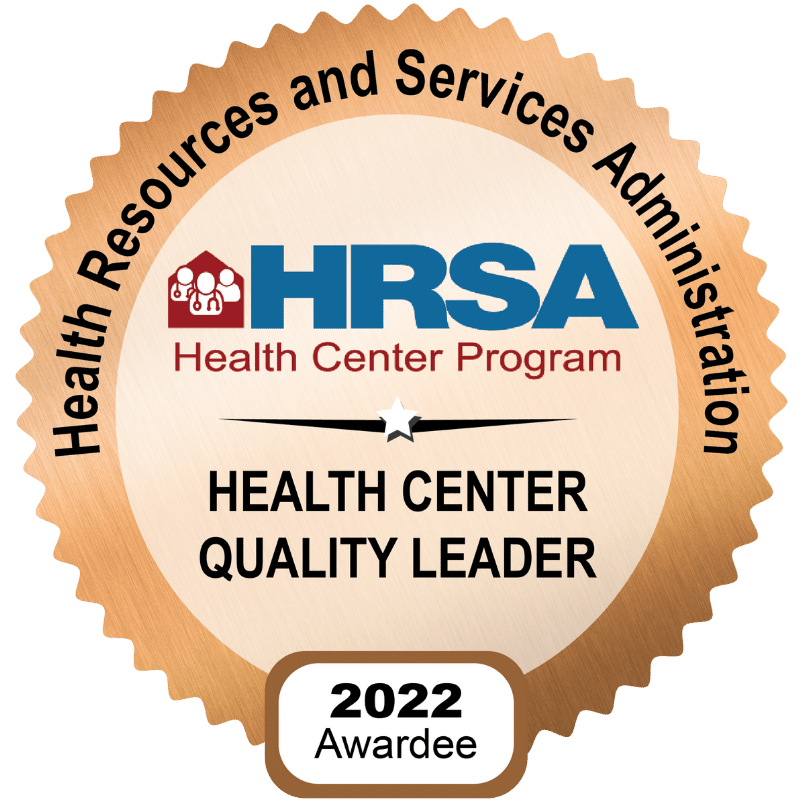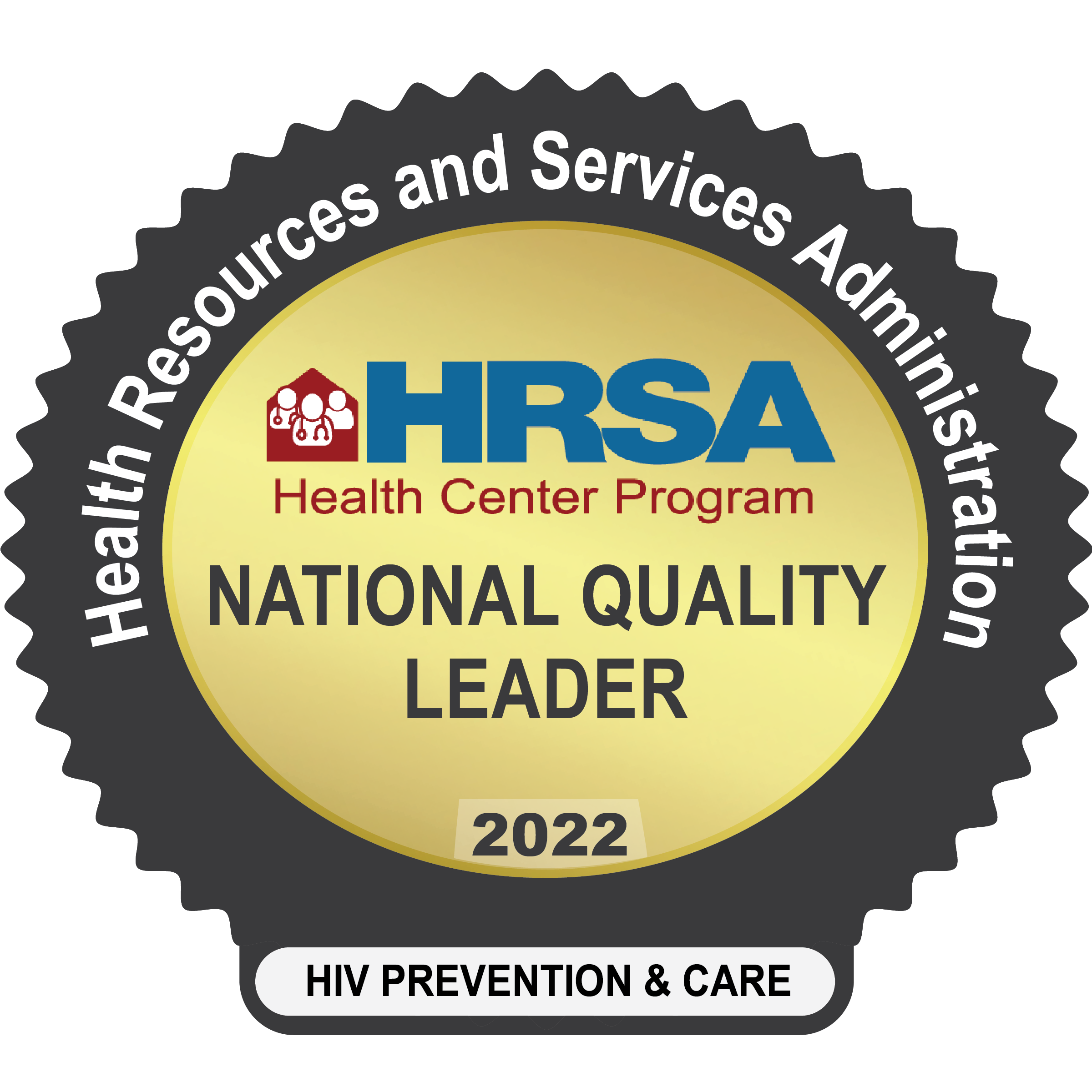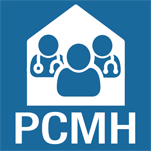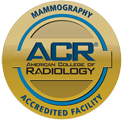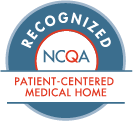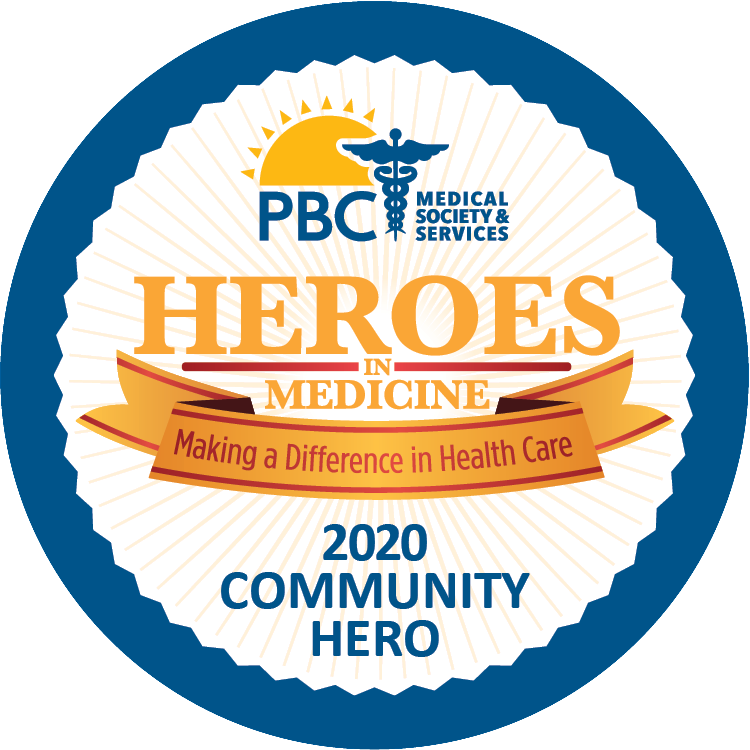The Promise Fund Mammography Screening Center provides a one-stop-shop for women to access breast and cervical cancer screenings coupled with other healthcare services necessary to achieve and maintain good health. A state-of-the-art 3D mammography unit, generously donated by Hologic, Inc., will provide free and discounted screenings to uninsured women with limited financial resources, thanks to funding from the Promise Fund of Florida. The screenings will serve as an enhancement to FoundCare’s existing Women’s Health Services.
To schedule an appointment, please call 561-660-5469.
American Cancer Society Breast Cancer Screening Guidelines for Women
The latest guideline applies to women at average risk for breast cancer. Among other recommendations, the American Cancer Society states all women should begin having yearly mammograms by age 40 and can change to having mammograms every other year beginning at age 55. Women should have the choice to start screening with yearly mammograms as early as age 40 if they want to.
Preparing for Your Screening Mammogram: A Step-by-Step Guide
- If you are visiting FoundCare for the first time, bring a list of the places and dates of mammograms, biopsies, or any other breast procedures you’ve had before.
- If you’ve had mammograms at another health center, try to get those records to bring with you (or have them sent to FoundCare) so the old pictures can be compared to the new ones.
- Schedule your mammogram for when your breasts aren't likely to be tender or swollen, to help reduce discomfort and get good pictures. Try to avoid the week just before your period.
- On the day of the exam, don’t apply deodorant, antiperspirant, powders, lotions, creams, or perfumes under your arms, or on or under your breasts. Some of these contain substances that can show up on the x-ray as white spots. If you’re not going home after your exam, you might want to take your deodorant or antiperspirant with you to put on after your exam.
- Wear a skirt or pants so that you will only need to remove your top and bra for the mammogram.
- Discuss any recent changes or problems in your breasts with your healthcare provider before getting the mammogram.
- Make sure your provider is aware of any part of your medical history that could affect your breast cancer risk—such as surgery, hormone use, breast cancer in your family, or if you’ve had breast cancer before.

